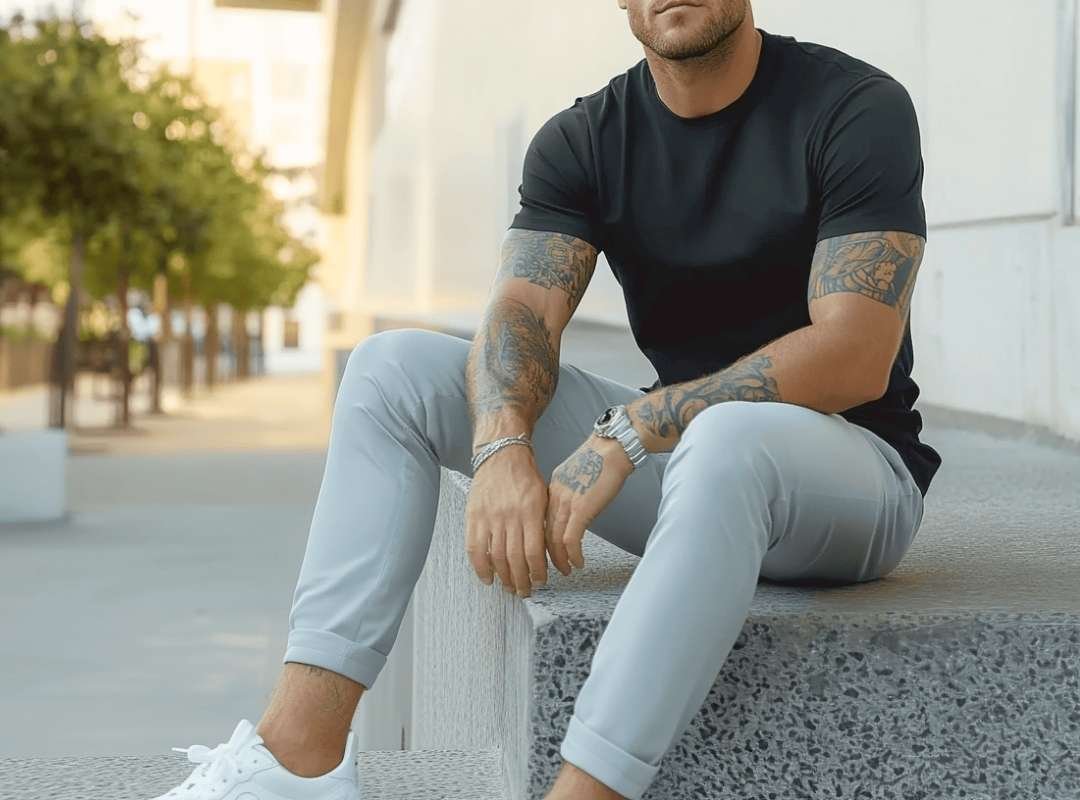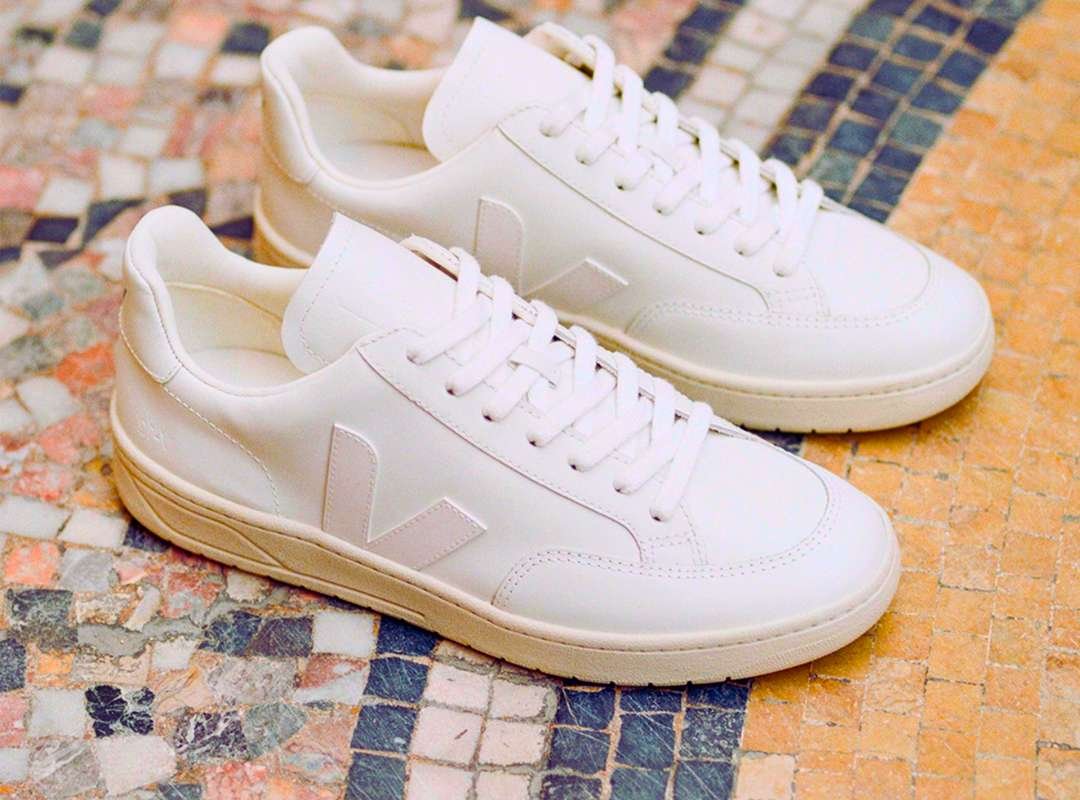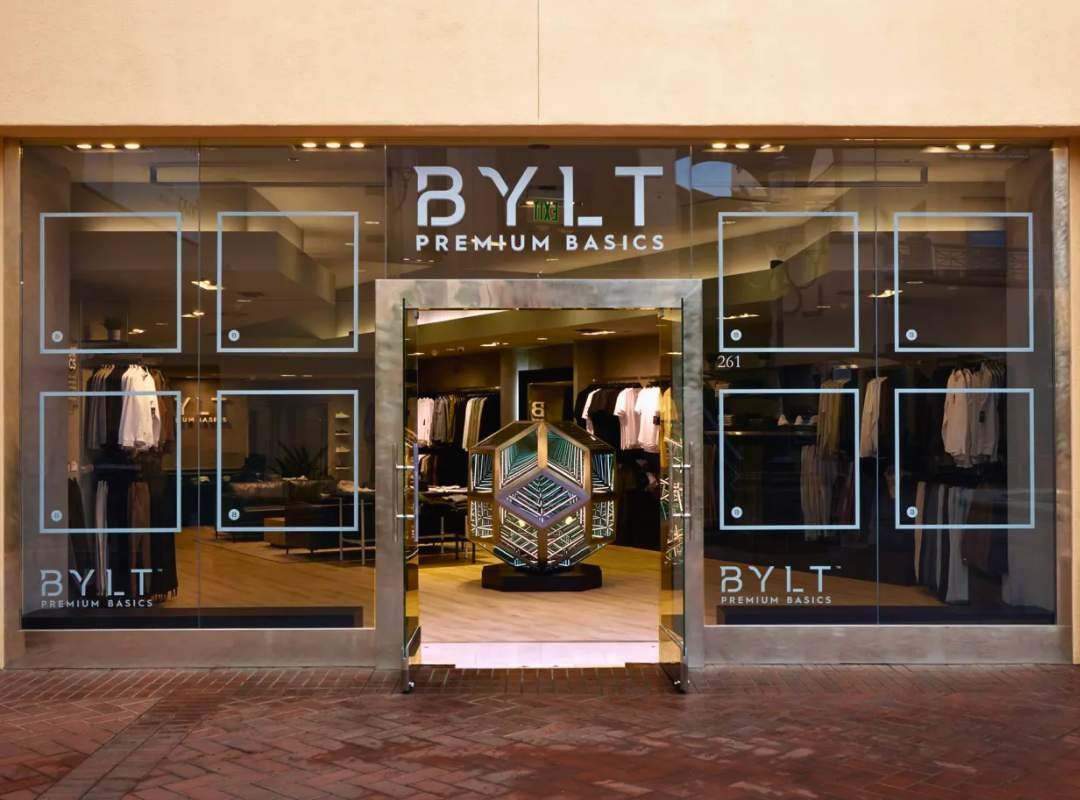Uniqlo is often considered a part of the fast fashion industry because its business model focuses on mass-producing affordable, trendy clothing. However, it distinguishes itself from typical fast fashion brands in several ways:
- Product Lifespan: Uniqlo sets itself apart by emphasizing durability in craftsmanship and materials to increase product lifespan, rather than fast fashion’s model of cheap, disposable items. They aim to create versatile, classic wardrobe basics that remain relevant beyond temporary trends.
- Sustainability Efforts: Embedding sustainability in manufacturing is a key differentiation. Uniqlo has initiatives to recycle clothing, incorporate eco-friendly materials, and reform production processes to mitigate environmental impacts. This comprehensive ethos is rare among fast fashion giants.
- Production Ethos: The focus is on quality over quantity, aligning with “slow fashion” principles. Rather than overproducing short-lived garments, Uniqlo concentrates on perfecting and streamlining a limited range of affordable core essentials.
- Supply Chain Management: Uniqlo utilizes innovation to enable responsible speed, digitizing inventory and logistics efficiently while upholding supplier oversight. This allows rapid production at scale while applying quality control beyond the capacity of most fast fashion chains.
Commonalities exist, like accessibility, trend awareness, and swift turnarounds. However, durability, sustainability, and streamlined staples reveal a fusion of fast fashion means and slow fashion ethos – mass-producing clothes focused on longevity and basics over impulse and excess.
Uniqlo ultimately aims for responsible speed and affordability in service of conscientious consumption.
Uniqlo: Differences of Opinion
A debate emerges on whether mass retailer Uniqlo fits the fast fashion label, with YouTubers Codee and Blake providing competing stances. Codee argues against classifying Uniqlo as fast fashion by equating their practices to uniform production, like extensive testing for longevity akin to wear-testing uniforms.
He spotlights Uniqlo innovations like super-durable Merino sweaters, which evolved through wash testing, and Selvedge denim perfected over iterations. This diligent improvement of basics beyond trends contradicts Codee’s fast fashion disposability.
However, Blake defines fast fashion as prioritizing profits over people and the planet. He criticizes Uniqlo’s ethics record, including supply chain wage theft and lack of auditing despite initiatives like recycling. He ultimately argues that Uniqlo falls into fast fashion territory as scale still trumps sustainability in its business model, which relies on high-volume sales, urging more transparency.
Key differences center on:
- Durability Testing: Codee sees Uniqlo’s rigor diverging from fast-fashion norms, and Blake weighs ethical implications over quality benchmarks.
- Ethical Practices: Blake references worker exploitation concerns that are unaddressed by Codee.
- Sustainability: Blake notes Uniqlo’s efforts but at too small a scale to counterbalance their operations. Codee omits sustainability critiques.
- Business Model: Codee contrasts Uniqlo’s considerate improvements against fast fashion’s micro-trend churn. Blake asserts that model fundamentals like scale and volume align with fast fashion ideals.
So, while shared attributes exist, principally around accessibility, Codee distinguishes Uniqlo by durability and style. However, Blake argues that shortcuts that boost profits at human and environmental expense render surface gestures immaterial. This forms the crux of whether Uniqlo’s deviations from fast fashion norms are meaningful enough to disrupt the categorization.
Watch the videos, and you decide.













